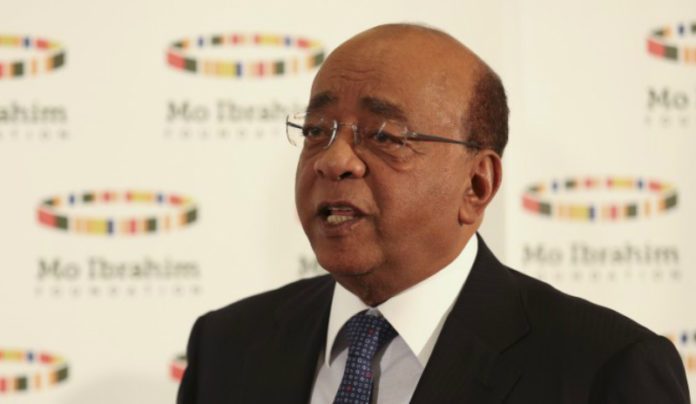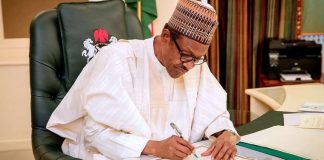Economic analysts are fond of recalling the verdicts of all shades of economic indices pertaining to Africa in order to lampoon the state of affairs in the continent. But the 2017 Ibrahim Index of African Governance (IIAG), which has just been launched by the Mo Ibrahim Foundation, reveals that the continent’s Overall Governance trajectory remains positive on average, but in recent years has moved at a slower pace. As many countries struggle to build on recent progress or to reverse negative trends, and as concerns emerge in some key sectors, the Foundation is calling for vigilance on the continent’s future.
The eleventh edition of the IIAG looks at both country and indicator trends over the last five years (2012-2016), within the context of the last decade (2007-2016). By evaluating more recent progress on governance alongside long-term performance, the 2017 IIAG provides the most nuanced assessment to date of the evolution and direction that countries, regions and specific dimensions of governance are taking.
Over the last ten years, 40 African countries have improved in Overall Governance. In the last five years, 18 of these – a third of the continent’s countries and home to 58% of African citizens – including Cote d’Ivoire, Morocco, Namibia, Nigeria and Senegal, have even managed to accelerate their progress. In 2016, the continent achieved its highest Overall Governance score to date (50.8 out of 100.0).
However, over the same period, Africa’s annual average rate of improvement in Overall Governance has slowed. Of the 40 countries improving in Overall Governance during the last decade, more than half (22) have either done so at a slower pace in the last five years (i.e. Rwanda and Ethiopia) or show decline (i.e. Mauritius, Cameroon and Angola). Furthermore, eight of the 12 countries registering decline in Overall Governance over the past decade are showing no signs of turning things around, with scores decreasing at an even faster rate over the second half of the decade. This group includes Botswana, Ghana, Libya and Mozambique.
The best performing category of the IIAG, Human Development, reaches its highest average score to date in 2016 (56.1 out of 100.0), with all three underlying governance dimensions – Welfare, Education and Health – improving over the last ten years. However, all register slowing progress over the second half of the decade. Worryingly, in a continent where 41% of the population is under 15 years old, progress in Education has nearly ground to halt. Africans are particularly dissatisfied with how governments are addressing changing educational needs, as reflected by the accelerated pace of decline in the Education Provision indicator over the last five years.
Despite being the slowest improving category over the past decade and within the past five years, Sustainable Economic Opportunity has recorded progress since 2014. While the African average improvement has slowed over the last five years, 16 countries, representing 51% of the continent’s population and 54% of its GDP, have managed to accelerate their rate of improvement in this period. For 22 countries, however, progress is slackening (i.e. Mauritius and Rwanda) or even reversing to decline, as in Angola. The sub-category Infrastructure is a major driver of the continent’s overall performance in Sustainable Economic Opportunity, picking up momentum over the last five years, even if Electricity Infrastructure continues to register average decline. The deterioration in Africa’s Rural Sector over the last five years, which could threaten recent progress in this key area for the continent’s sustainable growth and wealth-creating potential, is a particular cause for concern.


















